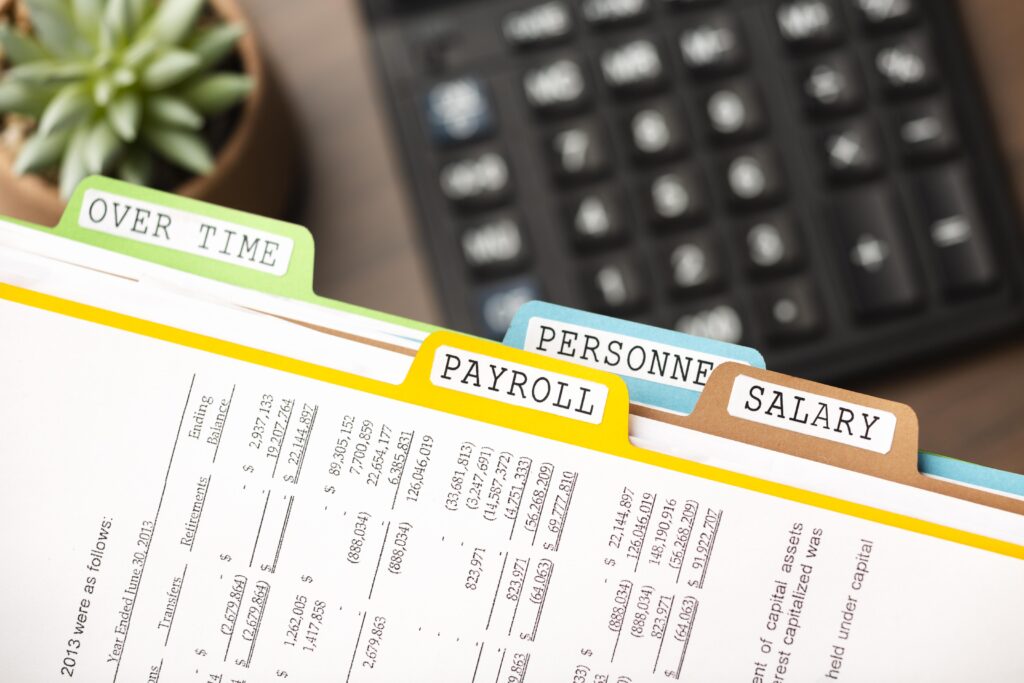The Closer Connection Tax Exception for US Expats
March 21, 2023 | Paying Taxes | 4 minute read
Expat Tax Blog. Tax Tips for US Americans abroad.
Updated January 14, 2025
 All blogs are verified by Enrolled Agents and CPAs
All blogs are verified by Enrolled Agents and CPAs
Updated January 14, 2025

When filing US taxes, there are three main categories for individuals who are considered US persons for tax purposes. These categories are: US citizens, Lawful Permanent Residents (Green Card holders), and Foreign Nationals who meet the Substantial Presence Test. Under these three categories, these individuals are subject to US tax on their income no matter where they live. However, a US person may not have the same obligations to file taxes, if the substantial presence test can prove they have a “Closer Connection” to at least one foreign country.
What is Substantial Presence?
Often abbreviated as “SPT,” the substantial presence test is a way for the IRS to calculate the number of days a US person has been in the US for the last three years.
You meet the substantial presence test if you are a non-permanent resident or non-US citizen that has:
- Resided in the US for at least 31 days in the current year and,
- 183 days (or more) over the last three years using a 1:1 day ratio for the current year, a 3:1 ratio in the previous year, and a 6:1 ratio two years back
Example: You were present in the US for 260 days in 2023, 165 days in 2024, and 85 days in 2025. The test would show tax residency of 183.3 days in total.
| Year | Days in US | Calculations | |
|---|---|---|---|
| Current Year | 2025 | 85 | 85 x 1 = 85 Days |
| Previous Year | 2024 | 165 | 165 x 1/3= 55 Days |
| Two Years Back | 2023 | 260 | 255 x 1/6 = 43.3 Days |
| Total: 183.3 Days |
If you meet the SPT, the IRS will consider you a US person for tax purposes, meaning you must file unless you also qualify for the closer connection exception.
The Testing for the Closer Connection Exception
In the case that you meet the substantial presence test, you may still be treated as a “nonresident alien” if for the current calendar year:
- You were present in the US for less than 183 days
- You maintained a tax home in a foreign country
- You have a closer connection throughout the year to at least one foreign country that may be your ‘tax home’ other than the US.
If you meet the above requirements for a closer connection test, you qualify as a nonresident alien for US tax purposes and should receive the same treatment. Usually, this means you only need to report your US-based income on form 1040-NR instead of Form 1040; you are also not required to report your global assets or accounts.
What is a Tax Home?
A tax home is generally considered to be the place or country of your prominent place of business or employment. It does not consider where you maintain your home. It only considers where you, as a taxpayer, permanently work as an employee (or as a self-employed individual).
However, if you do not have a principal place of business or employment due to the nature of your job, your tax home is where you regularly or permanently live. For those who may work as digital nomads or do not fit into either category above, your tax home is wherever you work most of the year.
Regarding the closer connection exception, your tax home must be in existence for the entire current year and be located within the same foreign country you are claiming to have a closer connection.
How to Establish a Closer Connection
To establish a closer connection, a US taxpayer must have maintained more significant contacts with a foreign country other than the US.
This is based on the following:
- Your country of residence that you have designated on forms and documents
- The type of official forms and documents you have filed, including Form W-9, Form-8BEN, or Form W-8ECI
- The location of your: permanent home, family, personal belongs such as a car or furniture, current social/ political/ professional affiliations, business activities, and where you hold your driver’s license
You cannot claim a closer connection to a foreign country if you have tried to personally apply (or taken other steps) to change your permanent residency status or have a pending application for adjustments to your status during the current year. For example, if you looked to apply for a Green Card, this would disqualify you.
Form 8840
To claim your closer connection for a foreign country or countries, you will need to file Form 8840. You must file Form 8840 by the due date for filing form 1040-NR. Generally, you need to file by April 15th unless you are filing with an extension.
Not filing Form 8840 on time may prevent you from claiming the closer connection exemption. If you were not aware of your filing duties, the IRS has a slight exception for you as the taxpayer. Make sure you have evidence to prove your unawareness and that you are taking preventative steps, to possibility avoid the penalties.
If you are still determining your exact filing duties, MyExpatTaxes is here to help with our team of tax experts!
How do Tax Treaties Play a Role?
The US has established tax treaties with dozens of countries all over the globe. For US taxpayers, this means that even if you do not qualify for the closer connection exception, you may be eligible for nonresident status under a tax treaty, depending on where you live. If you as an individual are a dual-resident under tax laws of both the US and tax treaty country, you can usually claim benefits under the income tax treaty.
Are you ready to file your US taxes but need extra help? MyExpatTaxes has a team of US tax experts well-versed in US expat taxes. Begin by browsing our Help Center, or file with a professional today! With hundreds of five-star reviews, our software is easy to use, and we will be with you every step of the way.

Written by Nathalie Goldstein, EA
Nathalie Goldstein, EA is a leading expert on US taxes for Americans living abroad and CEO and Co-Founder of MyExpatTaxes. She contributes to Forbes and has been featured in Forbes, CNBC and Yahoo Finance discussing US expat tax.
March 21, 2023 | Paying Taxes | 4 minute read









